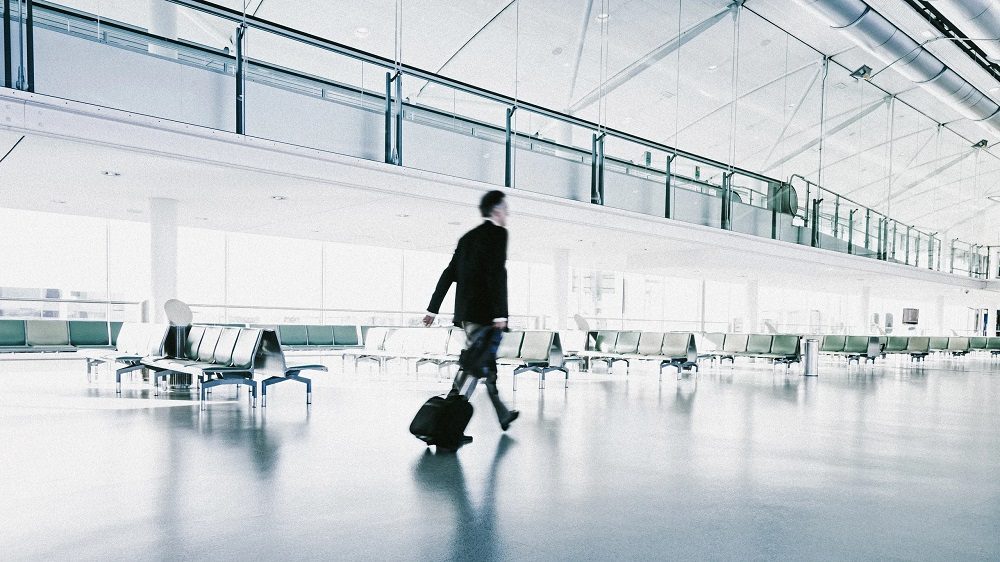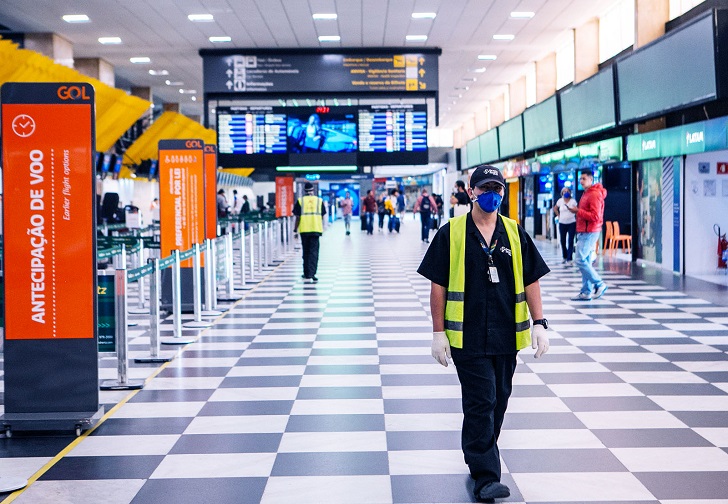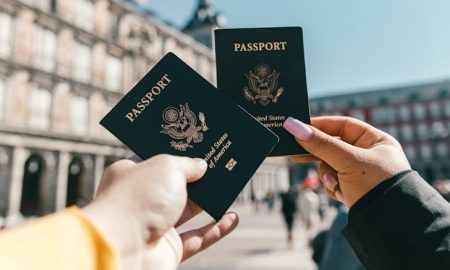
Pandemics and Their Effects on Business Travel

The COVID-19 pandemic has drastically changed our daily routines and work arrangements. One aspect of work that has been heavily impacted is business travel. Companies have relied on travel for years to conduct meetings, close deals, and attend conferences. However, the virus has thrown a wrench into traditional business travel practices. In this post, we’ll discuss the effects of COVID-19 on business travel and how it has changed the work landscape.

Jessica Howington/ Getty Images | 82% of employers expect to allow remote work options post-pandemic
Virtual Meetings
With social distancing measures in place, businesses have had to adapt to holding virtual meetings instead of meeting clients and colleagues in person. While virtual meetings have benefits, such as convenience and cost-effectiveness, they lack the interpersonal connection that comes with face-to-face interaction. Furthermore, virtual meetings may not be suitable for all business arrangements, such as those requiring contact with physical materials.
Safety Measures
Traveling for work has become more complicated due to the numerous safety measures put in place to reduce the spread of the virus. These measures include mandatory mask-wearing, temperature checks, and quarantining. As a result, safety protocols have increased the amount of time and money businesses have to invest in travel arrangements. Businesses must plan to ensure their employees’ safety while on the road.

Rebeca Figueiredo Amorim/ Getty Images | Coronavirus also known as COVID-19 was first reported in Wuhan, city of China and then got spread all over the world
Changes in Industry
The pandemic has hit certain industries harder than others. For instance, businesses in the hospitality and tourism industries have seen a significant drop in demand as travel has slowed down. Meanwhile, health care and essential services businesses have seen increased work-related travel. In the long term, these changes could significantly impact how businesses allocate their resources, target specific markets, and operate.
Remote Work
The pandemic has accelerated the remote work trend as businesses look to limit their employees’ exposure to the virus. With many companies now allowing employees to work from home, there may be less need for in-person business travel. While remote work has its benefits, it may also negatively impact relationships with clients and colleagues who prefer face-to-face interactions.

Jessica Howington/ Getty Images | The number of employees working remotely was on the rise before COVID-19
Sustainability
COVID-19 has brought about a renewed focus on sustainability. With the decrease in travel, we have seen a decrease in greenhouse gas emissions and traffic congestion. Businesses may now be more conscious of their carbon footprint, leading to more environmentally friendly practices. A shift towards low-carbon forms of travel, such as electric cars and trains, may also become more prevalent.
Conclusion
The COVID-19 pandemic has significantly impacted business travel, forcing businesses to rethink how they approach travel arrangements. While virtual meetings and safety protocols are becoming the norm, they do not fully replace the value of face-to-face interactions. Industry changes, remote work, and sustainability will continue to shape how businesses conduct travel in the future. As we look towards the future, it’s important to remember that adaptability and flexibility are essential to navigate the new normal in business travel.
More in Luxury Lifestyle
-
`
Best Things to Do in Peru for a Perfect Vacation
Peru offers a mesmerizing blend of history, culture, and natural beauty, making it a dream destination for travelers. Whether you’re fascinated...
December 15, 2024 -
`
Easy Steps to Break Old Habits and Refresh Your Daily Life
Breaking old habits is an essential part of personal growth. Habits form our routines, but when those habits become limiting or...
December 13, 2024 -
`
Best Peru Vacation Ideas for a Memorable Experience
When it comes to traveling to a destination filled with natural beauty, rich history, and vibrant culture, Peru should be on...
December 13, 2024 -
`
Home Interior Design Ideas From Bentley Bentayga EWB
The Bentley Bentayga is a statement of luxury, craftsmanship, and elegance. Known for its impeccable design, the Bentley Bentayga EWB (Extended Wheelbase)...
December 11, 2024 -
`
How Keira Knightley’s Boyfriend James Righton Stole Her Heart
Keira Knightley’s relationship with James Righton, her longtime boyfriend and now husband, showcases a captivating love story. Knightley, known for her...
December 10, 2024 -
`
10 Must-Watch Modern Disney TV Shows Based on Movies
Disney TV Shows have captured the hearts of audiences for decades by extending the worlds of their beloved films. These adaptations...
December 5, 2024 -
`
Jaguar Logo Redesign Marks a New Beginning for the Luxury Brand
The iconic Jaguar Logo has transformed the automaker positions itself for a dramatic relaunch. Jaguar aims to rebrand as a luxury...
December 5, 2024 -
`
The Top 10 Best Vacation Spots in the United States
In the quest for the best vacation spots in the United States, travelers seek destinations that promise not just a change...
April 6, 2024 -
`
The Fabulous Lives of Kourtney Kardashian’s Kids
Blending personal growth with public intrigue, the next generation of the Kardashian clan, especially Kourtney Kardashian’s kids, has garnered significant public...
March 30, 2024















You must be logged in to post a comment Login